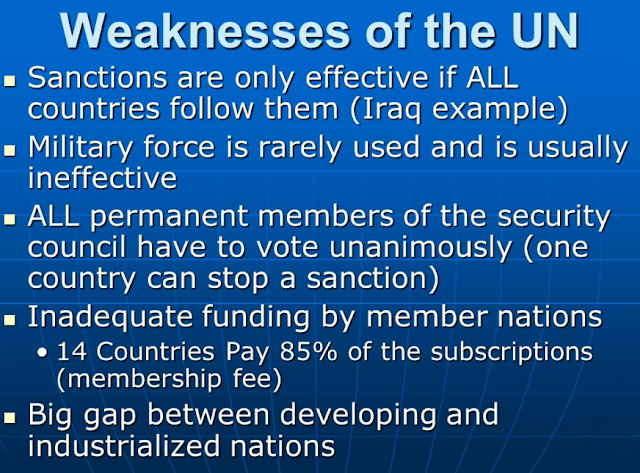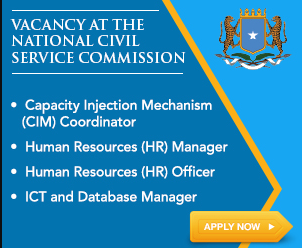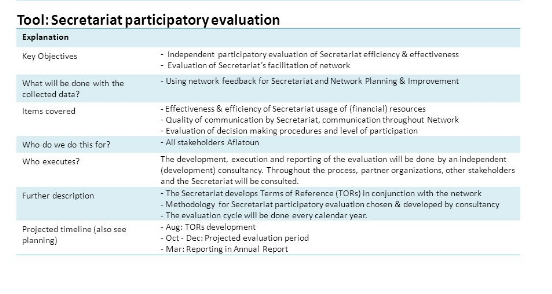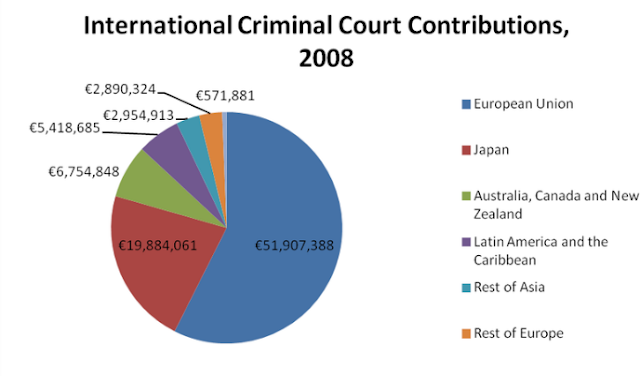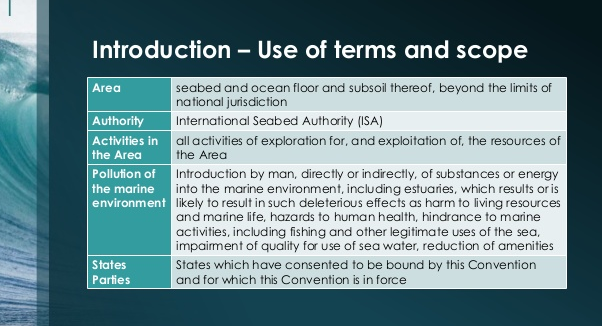THE PROBLEMS OF MEMBERSHIP AND REPRESENTATION IN THE UNITED NATION
The Charter of the United Nations divides members into two categories-original members and elected members. Art'. 3 clearly states that those states who participated in the UN conference at San Francisco or had previously signed the UN Declaration of January 1, 1942, could, after signing and ratifying the UN Charter, become the original members of the world body. Despite Art. 3, however, there was a controversy regarding the inclusion of some Soviet Republics, India and the Philippines as original members. At the Dumbarton Oaks Conference, the United States and England had called for the inclusion, as ”associate members” of countries which had been invited to the United Nations economic conferences and were assisting the Axis Powers in World War II. In retaliation, the Soviet Union pleaded for the inclusion as original members of all the 16 autonomous Soviet Republics. As a result of vehement US opposition to such a proposal, the Soviet Union conceded to the admission of two Republics as independent members of the UN, viz. Belorussia and the Ukraine
India and the Philippines were the two territorial communities admitted as original members of the United Nations even though they did not meet the traditional legal criteria of statehood. At the time of formulating the Charter, it was suggested that all self-governing states and dominions, accepting the obligations of membership, could become members of the UN.
India and the Philippines were apparently thought to be covered by this provision. Though India did not become a self-governing dominion within the British Commonwealth until August 15, 1947, there was no serious opposition to its inclusion as an original member of the UN, since it was already public knowledge that India '5 right to independence had been conceded by the British.
The UN Charter lays down the procedure for admission of new members to the organisation. States could be admitted to the UN by a decision reached by a two-thirds majority of the Assembly on the recommendation of the Security Council, where a majority of seven members, including the concurring votes of the permanent members was required. A state which is admitted to the UN acquires automatic membership of the General Assembly, secures periodic representation in other organs and automatically becomes a party to the Statute of the International Court of Justice. Though the membership of the UN is voluntary, it is not automatic on application by any state. There is also a Charter stipulation that new applicants must be ”peace-loving states” which accept the obligations of the Charter and which, in the judgement of the organisation, are able and willing to carry out these obligations.
Though it could have reasonably been expected that the members of the General Assembly and the Security Council would exercise their judgement with a certain degree of impartiality, the history of the growing membership of the UN shows that this has hardly been the case. In compliance with a request contained in a General Assembly Resolution (113H) of November 17, 1947, the International Court of Justice stated in its advisory opinion of May 28, 1948, that ”while the conditions enumerated in Art. 4 of the Charter were essential they were by no means exhaustive and that members were entitled to take into account such political considerations. as they considered relevant.” The most important of these political considerations taken into account subsequently were the nature of regime in existence of the state in consideration and the degree of external sovereignty (independence) from the influence of other external powers. Moreover, the condition that the new members must be ”peace-loving” has also subsequently proved to be a vague qualification. It may further be stated that the admission of a new member may be prevented not only by the right of ”veto” by any of the permanent members but also by a one-sided and partisan interpretation of what constitutes ”peace-loving". In the early days of the UN, there are many examples of both of these being used to deny admission to new members.
The applications of both the Mongolian People’s Republic and Albania were turned down by the UN in the early fifties on the plea of some members that the information regarding these states was not sufficient to show whether they were capable of fuliilling the obligations of the Charter. Albania was finally admitted to the UN in 1955 and Mongolia in 1961.

